As El Salvador prepares to become the first government in the world to recognise Bitcoin as legal cash on September 7, there is rising scepticism. The proposal is being promoted by the administration as a strategy to encourage economic development and job creation.
According to polls, Salvadorans are unprepared for the change, and the World Bank has advised against it. As per the analysts, it is an “attention-getting effort” by an “authoritative regime.”
The historic day next week comes after lawmakers voted to legalize cryptocurrency in June.
Businesses will be required to accept Bitcoin or the US dollar, the country’s other legal currency, as payment under the country’s Bitcoin Law.
Over 200 new cash machines are being placed throughout El Salvador to allow for the conversion of dollars into Bitcoin.
El Salvador’s government is distributing free bitcoins worth $30 (£22) to encourage citizens to utilize the country’s national wallet, which can be accessed via an online app.
Since it was announced, the move has split El Salvador. Recent demonstrations in San Salvador’s capital have revealed a lack of trust among locals, many of whom are still unfamiliar with cryptocurrency.
According to a survey conducted by the Central American University (UCA), only 4.8 percent of the 1,281 people polled knew what Bitcoin was and how it was used. More than 68 percent of those polled said they were against cryptocurrency being used as legal tender.
Over two million Salvadorians working in other nations send money home to their families. Remittances account for almost 20% of the country’s GDP.
Those in favour of the idea have stated that adopting Bitcoin might reduce the cost of sending money home.
Bitcoin, a virtual asset with no direct link to the real economy, has seen significant price changes over time. After a crackdown in China and a decision by Elon Musk’s Tesla not to accept it as payment, it plummeted in May. It has since recovered, reaching above $50,000 (£36,000) in late August for the first time in three months.


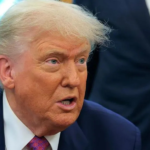

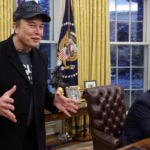

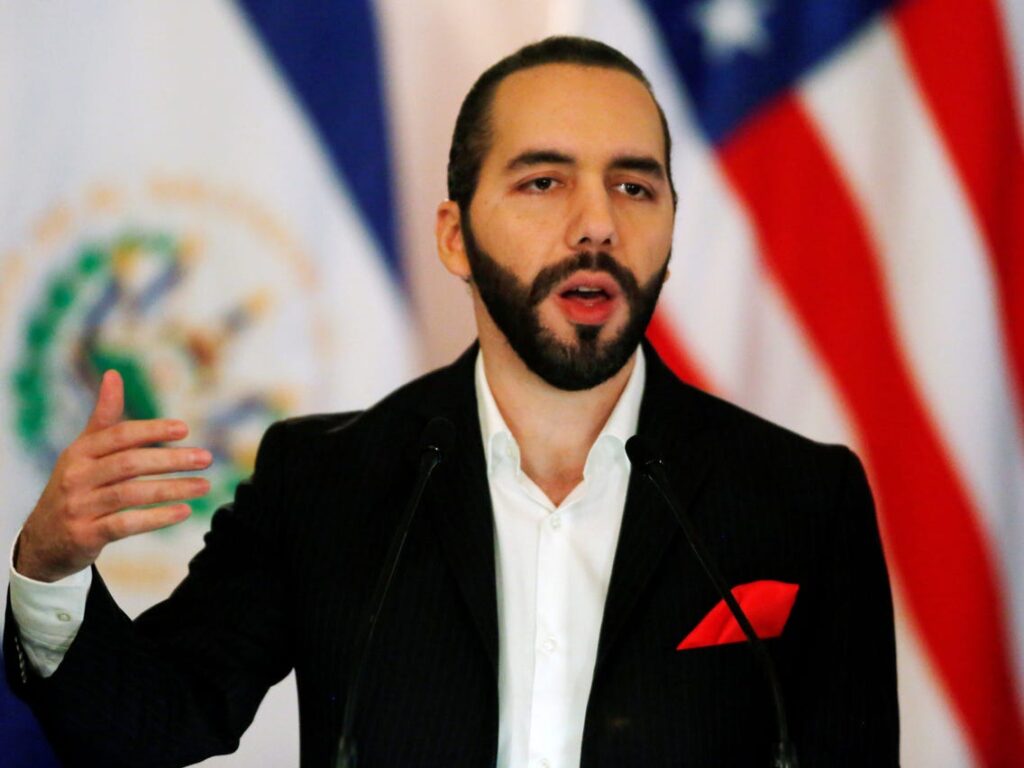
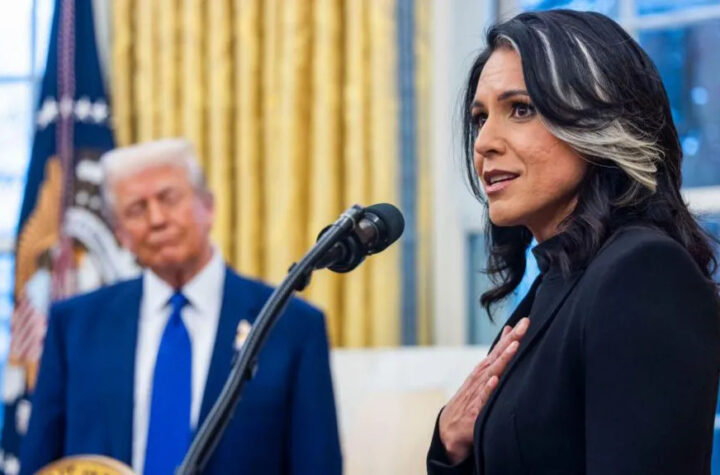
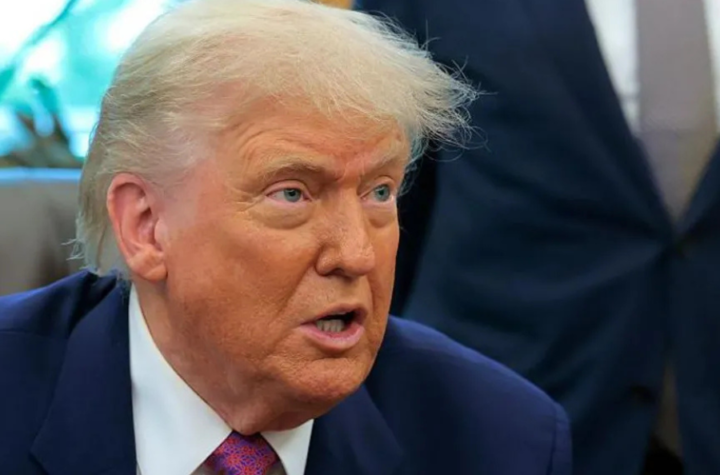
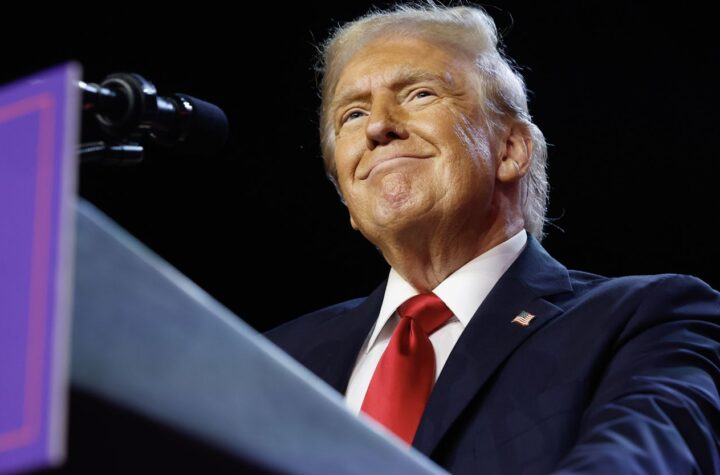
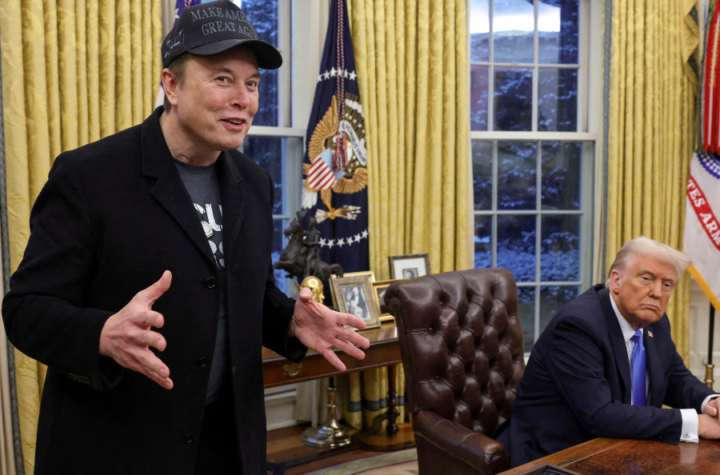
More Stories
South Korea imposes a ban on new downloads of DeepSeek AI
Australia bans DeepSeek on government devices due to security concerns
LinkedIn faces accusations of using private messages to train AI